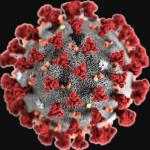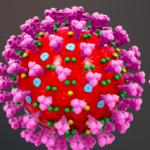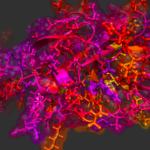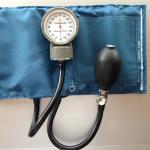By Arne Ruckert, L’Université d’Ottawa/University of Ottawa;
Disease
Several major airlines have cancelled flights into China because of the Wuhan coronavirus (also called 2019-nCoV). The U.S. State Department has gone further by issuing a "do not travel" warning for China.
Statin use is ubiquitous, and a careful read of the literature will demonstrate some small percentage of each clinical trial having increased or decreased risk of dementia and Alzheimer's Disease (AD).
I have what you might call a complicated relationship with viruses. In graduate school, I did virology research, and my first important publication described the discovery o
In the world of infectious diseases, it is always better to prevent an infection than to treat it. Almost without exception, this means vaccination is the way to go (1). But it's not so easy. Far from it.
About a week ago, the World Health Organization decided that the coronavirus outbreak in China was not substantial enough to be declared a global health emergency.
Phillip Orchard is an Analyst with Geopolitical Futures. This article was authored in collaboration with ACSH's Dr. Alex Berezow and originally published at Geopolitical Futures.
“In effect, the broadening clinical experience of managing CVD conditions that manifest differently between women and men, combined with the accumulating data on sex-specific CVD presentations, suggest that cardiovascular pathoph











